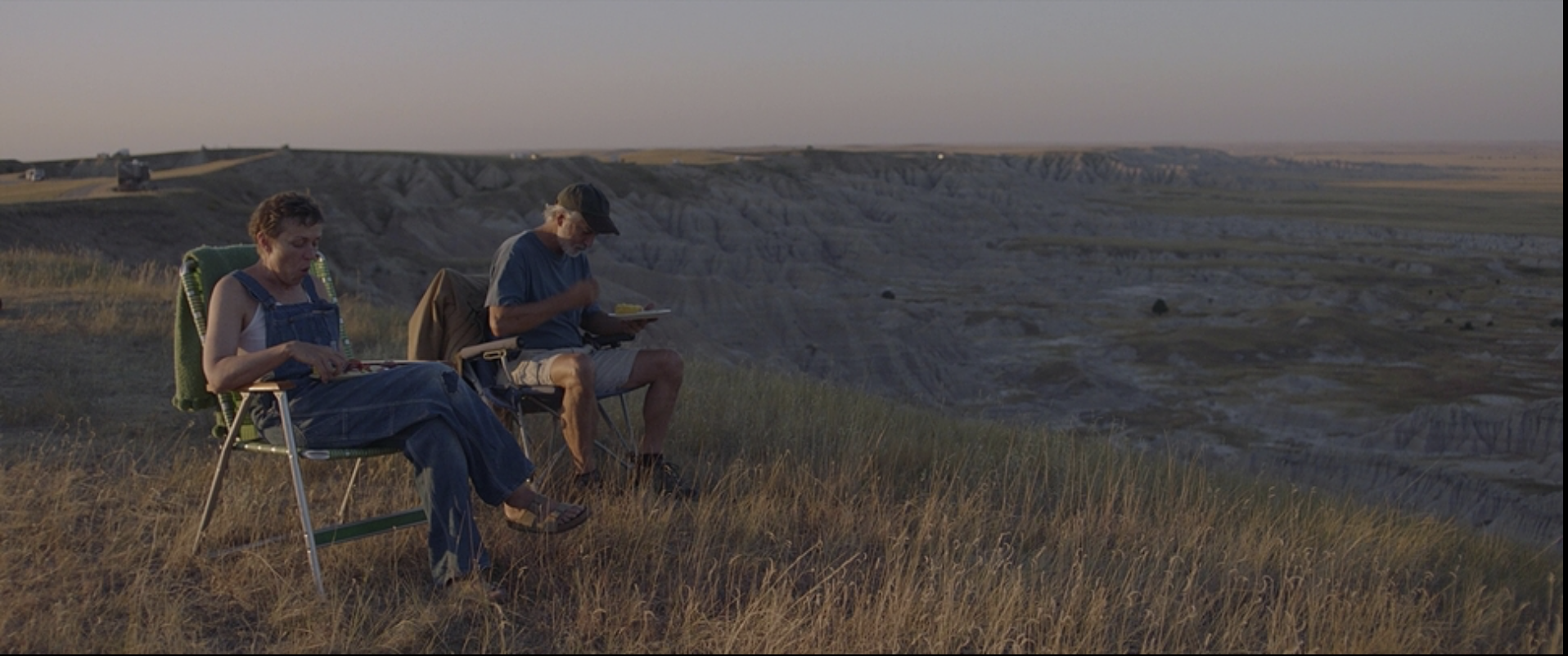
LEARNING OUTCOMES
Students gain skills in constructing cinematic style through textual dimensions, character development in acting, and costume design.
Conceptual skills
- students master theoretical knowledge on realism as a cinematic style and its sub-genres
- students recognize diverse layers of stylization in filmmaking
- student masters their artistic pre-visualization tools for communicating artistic intention in terms of style
Process skills
- students are able to process and develop their artistic intention in terms of stylization in their professional role
Artistic expression and collaboration skills
- students understand the various professional perspectives in co-creating stylistic alignment in filmmaking
- students are able to negotiate and construct a shared artistic intention in terms of stylization
- students are able to plan how stylization can be applied on their artistic practice in their professional role in a critical manner
Credits: 3 - 6
Schedule: 20.01.2025 - 14.02.2025
Teacher in charge (valid for whole curriculum period):
Teacher in charge (applies in this implementation): Hanna Maylett, Susanna Suurla
Contact information for the course (applies in this implementation):
CEFR level (valid for whole curriculum period):
Language of instruction and studies (applies in this implementation):
Teaching language: English. Languages of study attainment: Finnish, Swedish, English
CONTENT, ASSESSMENT AND WORKLOAD
Content
valid for whole curriculum period:
This course focuses on understanding artistic design in relation to stylization in filmmaking. The course serves as a shared arena for stylization experiments in co-creating cinematic expression. Through case analysis of artistic means on various subgenres of realism, students gain a theoretical understanding of stylization in filmmaking. Through practical experimenting on a drama scene, in workshop format, student groups explore artistic variations on the means, process and artistic possibilities of stylization.
Assessment Methods and Criteria
valid for whole curriculum period:
Active and regular participation to group working and lectures, accomplishment of given tasks and group reflection, self-reflection about the learning process during the workshop.
Workload
valid for whole curriculum period:
The course (6 cr) consists of multiple teaching methods e.g. activating lectures, group discussions, presentations, writing assignments, means analysis, peer learning, screenings, scene practice, independent and group work. Requires attendance in contact sessions including group and independent work.
Costume design students (3 cr)
General schedule:
- week 1 introduction:means analysis, choice of stylization, division into groups, planning artistic aims
- week 2 independent prep
- week 3 shoot, edit version #1 - realism
- week 4 shoot, edit version #2 – stylization
Workload 6 credits, 6 x 27= 162 hours of student’s own work:
- contact teaching and group tutoring 54 h
- independent group work 50 h
- independent individual work 50 h
- time to think 8 h
Registration for courses is confirmed by attending the first class of the course. Students who drop out of the course without good reason will fail the course. At least 80% participation in face-to-face teaching is mandatory to complete the course. If, due to absences, the student does not achieve the learning outcomes defined in the course description, the remaining 20% may have to be compensated as determined by the responsible teachers of
the course. All absences must be reported to the teachers in charge. The responsible teachers of the course will specify the necessary compensating assignments
DETAILS
Study Material
valid for whole curriculum period:
McIver, Gillian. Art History for Filmmakers. New York: AVA Publishing, 2016. Print.
Salt, Barry. Film style and technology: History and analysis. Starword 2009.
Additional materials will be announced in syllabus.
Substitutes for Courses
valid for whole curriculum period:
Prerequisites
valid for whole curriculum period:
SDG: Sustainable Development Goals
9 Industry, Innovation and Infrastructure
12 Responsible Production and Consumption
17 Partnerships for the Goals
FURTHER INFORMATION
Further Information
valid for whole curriculum period:
Teaching Language: English
Teaching Period: 2024-2025 Spring III
2025-2026 No teachingRegistration:
This course is intended exclusively for MA students, majors of Film and TV department or equivalent knowledge and skills (or on a separate application in connection with Sisu registration at discretion)
- priority MA directing students (maximum 6)
- priority MA costume design students (maximum 6)
- priority Theatre Academy MA acting students(maximum 8) /Mobility studies
- other ELO MA major students
- doctoral ELO students
Minimum number of participants 4. Maximum number of participants 20.
